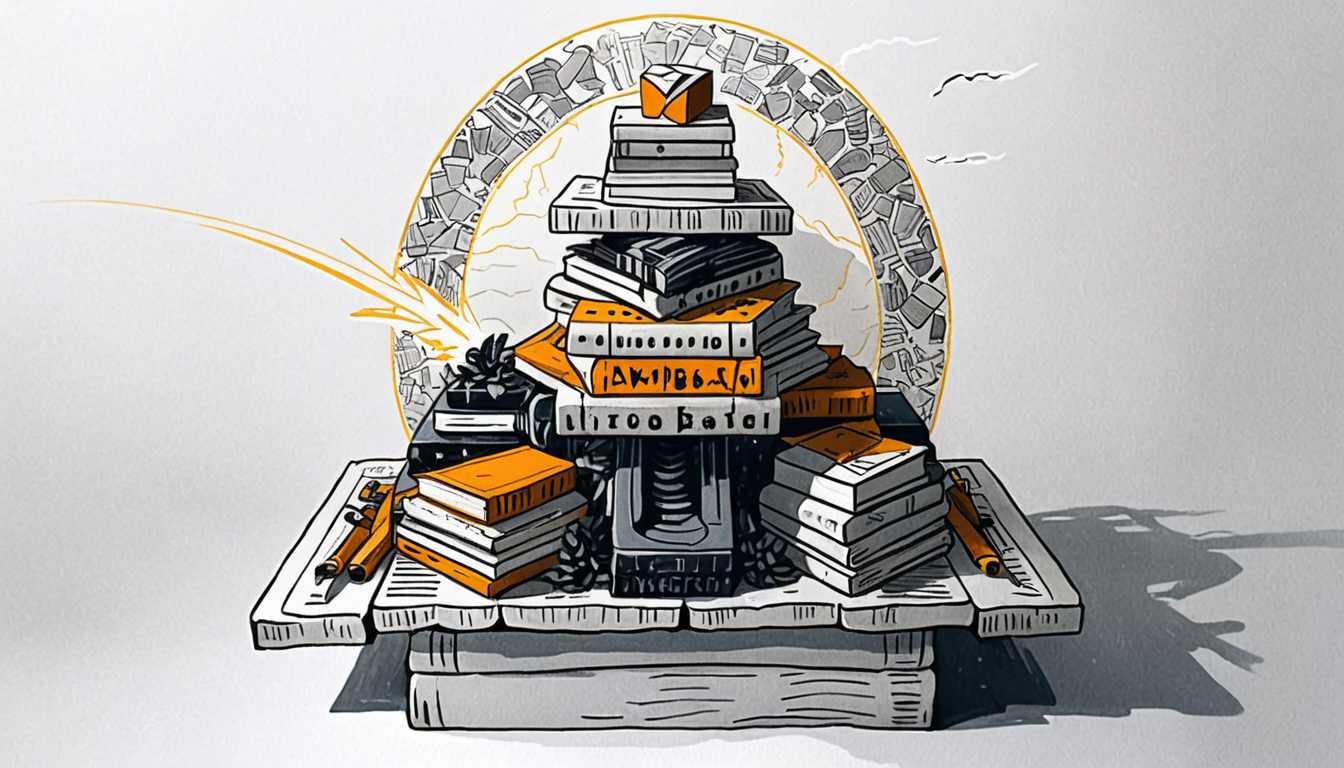Swift's Fight for Musical Autonomy
November 2021
University of Pennsylvania
Introduction
Dive into the drama and triumph of Taylor Swift's musical saga as she reclaims her voice with the rerelease of “Red”. The University of Pennsylvania sheds light on the tangled web of music copyright, revealing why Swift’s battle for her albums is more than just celebrity gossip. It’s a fight for artistic control in the digital age. With humor, controversy, and a dash of legal intrigue, this article isn’t just for Swifties—it’s a must-read for anyone curious about the music industry’s future.
READ FULL ARTICLEWhy It Matters
Discover how this topic shapes your world and future
Tuning Into the Beat of Music Rights
Imagine being a world-famous musician but not owning the very songs that made you famous. Sounds odd, right? This is the reality for many artists, including Taylor Swift, who found herself in a battle to reclaim ownership of her music. The significance of this topic stretches far beyond the glittering world of pop music. It delves into the complex, and sometimes controversial, realm of music copyright laws. Understanding this issue is crucial because it highlights the evolving dynamics between artists, record labels, and the broader implications for creative freedom and the music industry's future. For you, as a student, this topic isn't just about Taylor Swift or catchy tunes; it's a window into how laws and contracts can shape an artist's career and creativity. It's about understanding the balance of power in the industries that entertain us and how changes in technology and public opinion can shift that balance.
Speak like a Scholar
Copyright
A form of protection provided by the laws of a country to the creators of original works, including music and lyrics.
Masters
The original recordings of music from which all the later copies are made. Owning the masters means controlling the use and financial gains from the music.
Music licensing
The process of obtaining permission to use music in various formats and platforms, from radio to online streaming.
Composition rights
These rights belong to the composer of the music and the author of the lyrics, if applicable, protecting their original work.
Recording rights
Separate from composition rights, these protect the specific recorded version of a song or piece of music.
Digital distribution
The process of delivering music to audiences through digital means, bypassing traditional physical formats like CDs.
Independent Research Ideas
The evolution of music copyright laws
Investigate how music copyright laws have changed with the advent of digital technology and streaming platforms. What challenges and opportunities do these changes present for artists and the industry?
Artist vs. record label dynamics
Explore the power dynamics between artists and record labels. How do contracts, ownership of masters, and creative control affect the music that gets produced and distributed?
The impact of fan movements on music streaming
Study how fan movements, like those supporting Taylor Swift's decision to re-record her albums, influence streaming numbers and artist rights. What does this tell us about the power of fandom in the digital age?
Copyright and collaboration in music
Delve into how copyright laws affect collaborations between artists, especially in genres where sampling and remixing are common. How do artists navigate these legal waters while creating new music?
Global perspectives on music copyright
Compare and contrast music copyright laws and artist rights in different countries. How do these differences influence where and how music is produced and distributed worldwide?
Related Articles

Battles Over Brilliant Minds
June 2011
Smithsonian Magazine

Lawyering in Virtual Reality
June 2023
MIT Technology Review

NFTs: Art, Law, and Blockchain Chaos
October 2023
London School of Economics (LSE)

Trademark Tussles: The Amazon Battle
June 2023
MIT Technology Review

AI Uncovers Bias in Jury Picks
July 2023
Cornell University